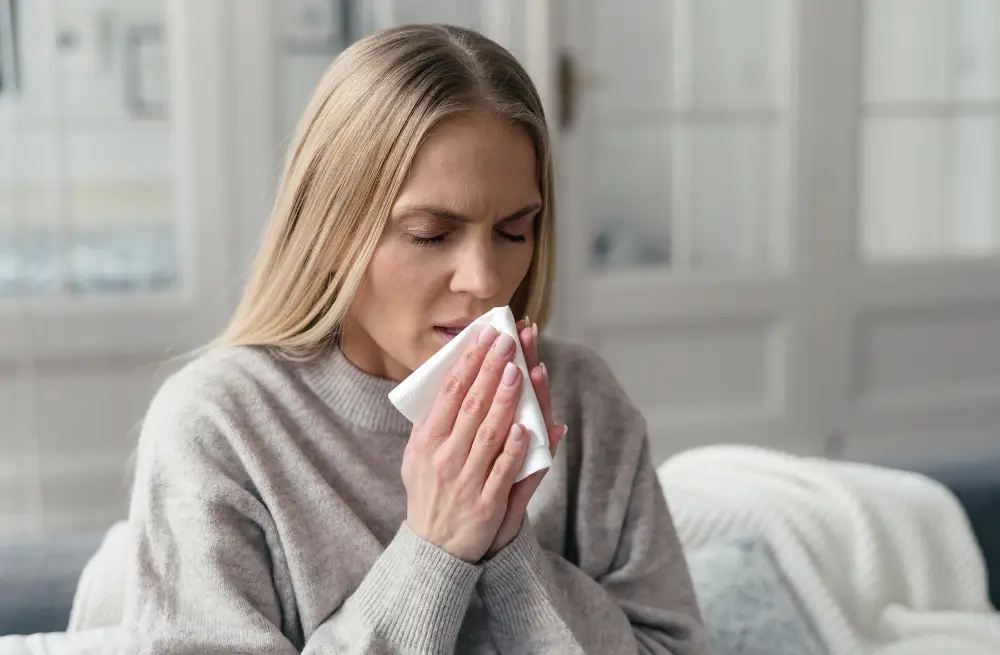Respiratory depression, also known as hypoventilation, occurs when your breathing becomes too slow or shallow. This can prevent your lungs from properly exchanging oxygen and carbon dioxide. Normally, your body automatically regulates your breathing rate and depth based on your oxygen and carbon dioxide levels. However, certain medications, injuries, or illnesses can disrupt this process.
Symptoms of Respiratory Depression:
- Slow or shallow breathing
- Confusion
- Drowsiness
- Bluish tint to the skin or lips (cyanosis)
- Headache
- Difficulty concentrating
- Restlessness or anxiety
- In severe cases, unconsciousness or death
Causes of Respiratory Depression:
- Medications: Opioids (pain medications), sedatives, and anaesthesia can all slow down your breathing.
- Injuries or illnesses: Head injuries, strokes, and lung diseases can all affect your ability to breathe properly.
- Alcohol and drug use: Overdoses of alcohol or drugs can depress the respiratory system.
If you suspect someone is experiencing respiratory depression, call emergency services immediately.
How RSDC Can Help:
At RSDC, our team of experienced healthcare professionals can help diagnose and treat respiratory depression. We will perform a thorough evaluation to determine the underlying cause and develop a personalised treatment plan. Treatment options may include:
- Administering oxygen therapy
- Monitoring vital signs
- Administering medications to reverse the effects of respiratory depression
Preventing Respiratory Depression:
- Talk to your doctor about all medications you are taking, including over-the-counter medications and supplements.
- Avoid mixing medications or alcohol with opioids.
- Be aware of the signs and symptoms of respiratory depression.
- If you have a chronic illness that affects your breathing, follow your doctor’s treatment plan carefully.
If you have any concerns about respiratory depression, please book an appointment with RSDC today.

